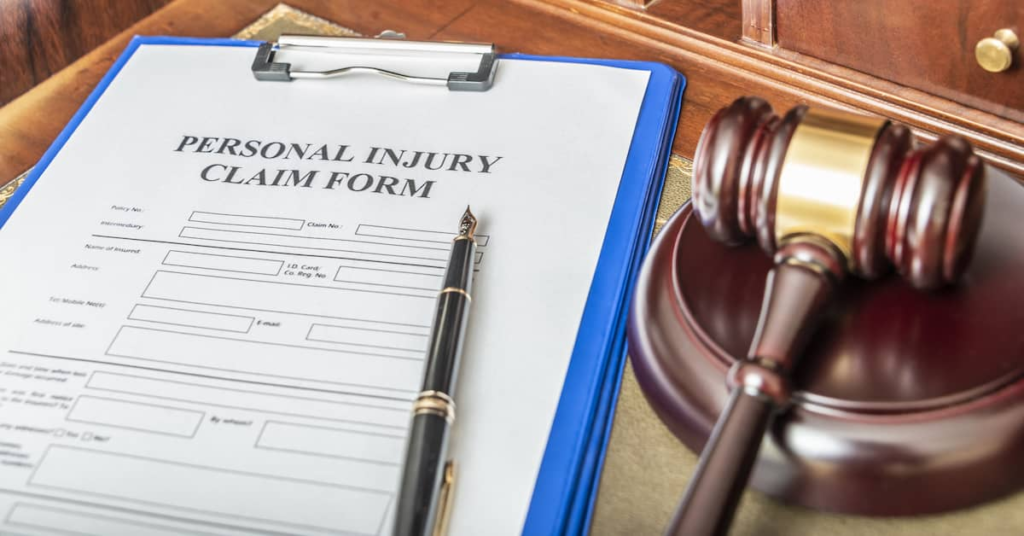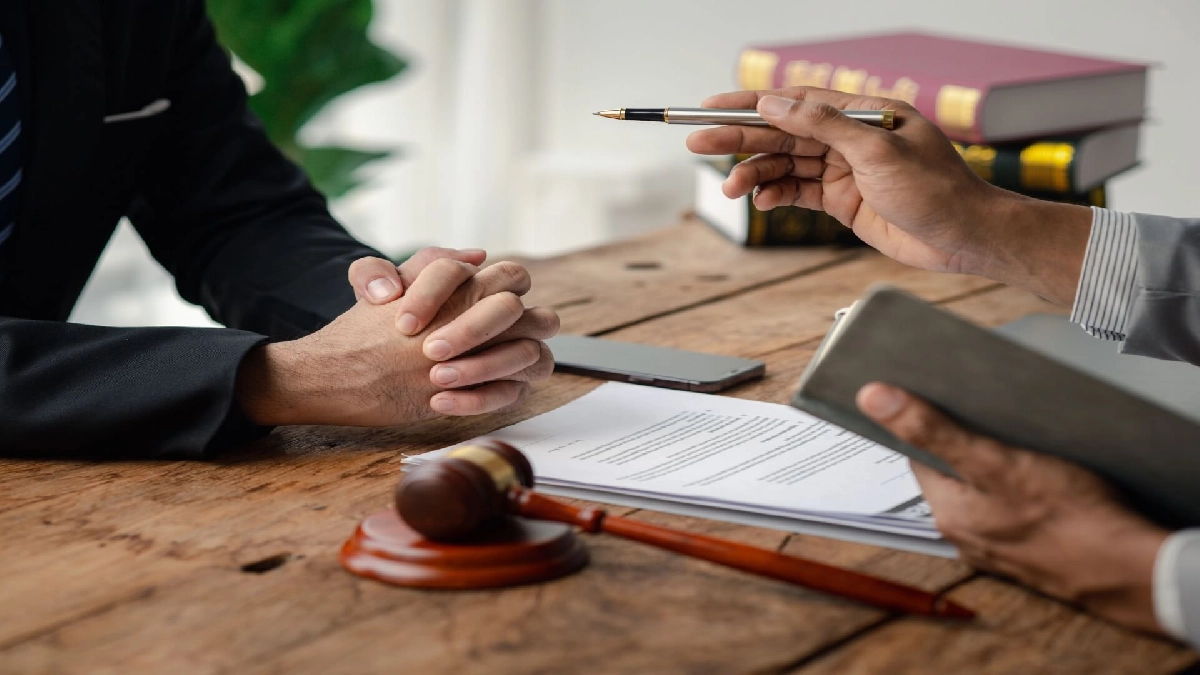Embarking on a legal pursuit after sustaining a personal injury can unfold as a labyrinthine process, replete with procedural and emotional complexities. Understanding the nuances of personal injury law is a stepping stone toward realizing justice. This domain covers a gamut of situations ranging from slip-and-fall incidents to auto accidents, and the legal pathways to recompensation can be arduous for the uninitiated.
Personal Injury Law: An Overview
Personal injury law functions as the legal scaffold that allows those who have faced bodily or emotional harm due to another’s negligence or deliberate act to seek monetary damages. This facet of the law aims to restore the injured party to the position they would be in if the injury had not occurred. As individuals, you should know the steps in a personal injury lawsuit that encapsulates duty of care, breach, causation, and damages doctrines. It exists not just to make amends for injurious actions or omissions but to discourage such behavior in society at large by setting legal precedents.
Claimant Rights in Personal Injury Cases
In personal injury litigation, the claimant—the party who has sustained the injury—possesses a constellation of rights designed to protect their interests. Chief among these are the rights to file a legal action within a stipulated time frame, usually governed by a statute of limitations; to reclaim financial losses stemming from medical treatments, lost earnings, and other injury-related expenses; and to fair restitution for pain and suffering endured due to the injury.
The Right to Information
The right to be privy to all material facts concerning their case empowers claimants. Complete cognizance of their case’s status and the associated legal intricacies equips them to make informed choices about accepting settlement offers or preparing for trial.
The Right to Fair Representation
Another pivotal right for claimants is access to competent legal representation. Navigating the legal system may be fraught with challenges that require specialized expertise. Thus, choosing an attorney familiar with the convolutions of personal injury law is paramount for a strong legal foot-hold.

Defendant Responsibilities
Defendants are obligated to engage with the legal process responsibly. Their duties include but are not limited to, filing responsive pleadings, participating in discovery by providing relevant information, and partaking in court proceedings or alternative dispute resolution mechanisms as required. These responsibilities are the foundation of a fair legal proceeding, ensuring claimants have a proper arena to present their grievances and seek redress.
Filing a Personal Injury Claim: Steps and Considerations
Filing a personal injury claim can be a herculean task that initiates the recognition and substantiation of the defendant’s negligent act and culminates with either a settlement agreement or a judicial verdict. It is a meticulous process that demands a clear strategy and a thorough understanding of the legalities involved, often starting with gathering evidence, followed by legal representation, damage calculations, and case presentation.
Documentation and Evidence Gathering
Gathering irrefutable evidence is the bedrock of a formidable personal injury claim. Medical records, police reports, photographic or video evidence at the injury scene, and testimonies from witnesses provide the empirical backing required to prove the extent and cause of damage. A systematic approach to evidence collection is key to crafting a persuasive claim.
Engaging Legal Counsel
Early acquisition of a knowledgeable attorney can surely tilt the scales in favor of the claimant. Attorneys adept in personal injury law can maneuver through filing protocols, counter potential defenses, and advocate zealously for just compensation—all while ensuring judicial decorum and adherence to ethical considerations.
The Benefits of Legal Representation
The intricate tapestry of personal injury law underscores the advantage of enlisting the aid of an attorney specialized in the field. Legal experts lend their insight to dissect and articulate the nuances of the case in a manner most favorable to the claimant’s interests. They also play an indispensable role in managing negotiations, executing necessary litigation tasks, and facilitating the emotional toll on the claimant by taking on the bulk of the legal burden.

Navigating Settlements and Negotiations
Settlements, often a mutually agreeable alternative to the uncertainty of trials, require adept negotiation skills. Lawyers versed in the art of negotiation can ascertain the strengths and weaknesses of a case, construct a compelling settlement pitch, and engage in back-and-forth deliberations to secure an equitable deal. The primary objective herein is to ensure an outcome that justly compensates the claimant for their losses while recognizing the case’s merits against the backdrop of potential courtroom adjudications.
Understanding Court Proceedings in Personal Injury Cases
Court trials introduce a distinct set of protocols and formalities. The transition to trial involves jury selection, opening statements, witness examination, and the presentation of evidence, all guided by procedural rules. A nuanced understanding of these processes by the legal team allows for the systematic exposition of the claimant’s narrative to persuade the judge or jury to rule in their favor.
Protecting Your Rights: A Final Word of Advice
Personal injury litigation accentuates the axiom of legal rights, serving as an embodiment of a just society. Claimants must be vigilant in upholding these rights, and defendants should recognize the gravity of their legal duties. A robust awareness of one’s role within the parameters of the law paves the way for an equitable resolution.






